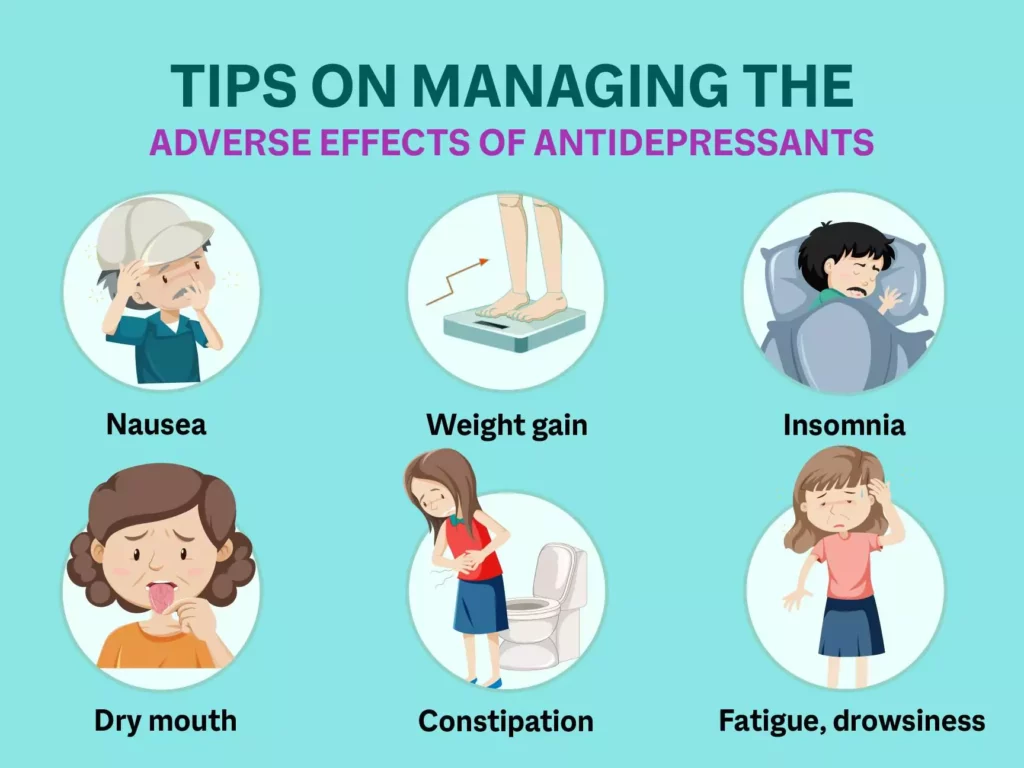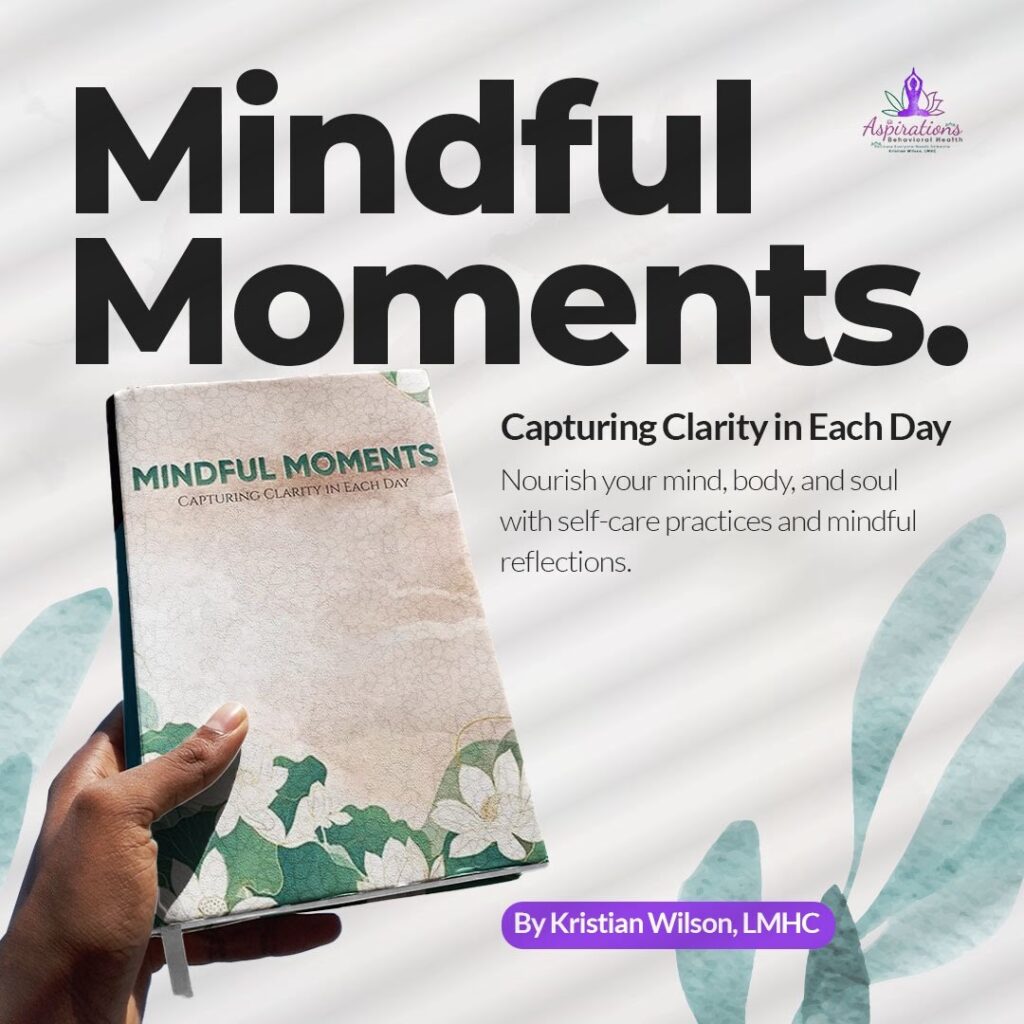What Are Antidepressants?
According to American Psychiatric Association recommendations, antidepressant medicines should be used as the first line of treatment for major depressive disorder (MDD). Additionally, they can aid in treating anxiety disorders, such as generalized anxiety disorder.
Depending on how they affect the brain, antidepressants come in various forms. Some are more effective at treating particular illnesses and their symptoms. But each one could have negative side effects.
Although each type often has some slightly different side effects, there can still be some variation within each type.
Antidepressants can have various reactions in different people. While some individuals may experience no bothersome side effects, others may experience one or more severe negative effects. Because of this, you may need to test a few different drugs before you locate the correct one.
How Do Antidepressants Work?
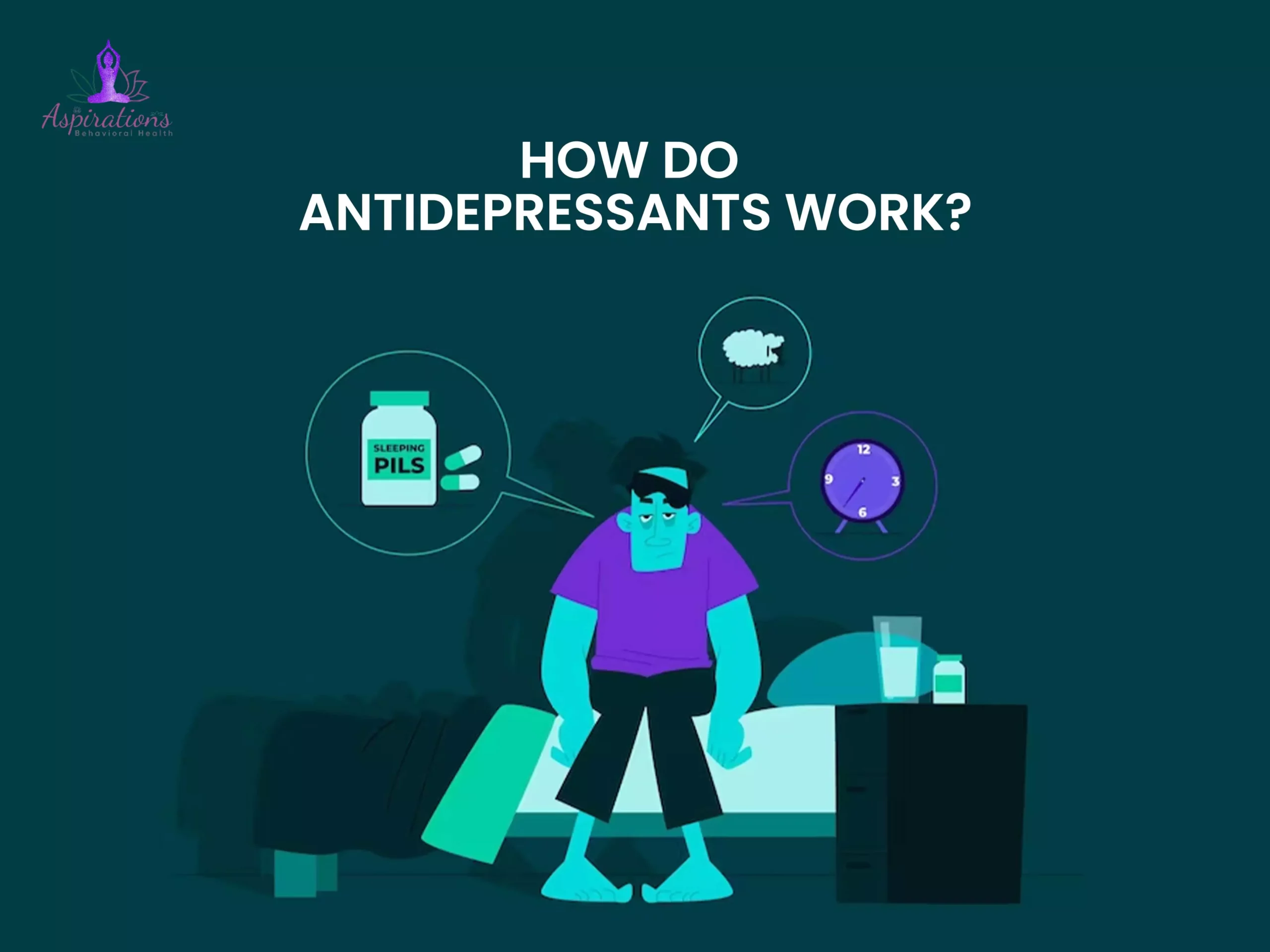
Dozens of antidepressants are available, and doctors prescribe them to their patients when needed. No antidepressant can be called the best because antidepressants are prescribed based on your medical condition and its symptoms.
Neurotransmitters, molecules responsible for communication between brain cells, are often balanced by antidepressants. These substances include norepinephrine, dopamine, and serotonin. Typically, lower levels of depression are associated with higher amounts of these substances.
Antidepressants can be beneficial in treating depression, but each patient will experience them differently. It also varies how long the medications linger in your system. While some medications only remain for roughly 36 hours in your body, others can linger for several days.
What Are the Side Effects of Antidepressants?
Antidepressants can be risky because they can create unpleasant side effects which can harm your body. Some of the common side effects of antidepressants are:
Nausea:
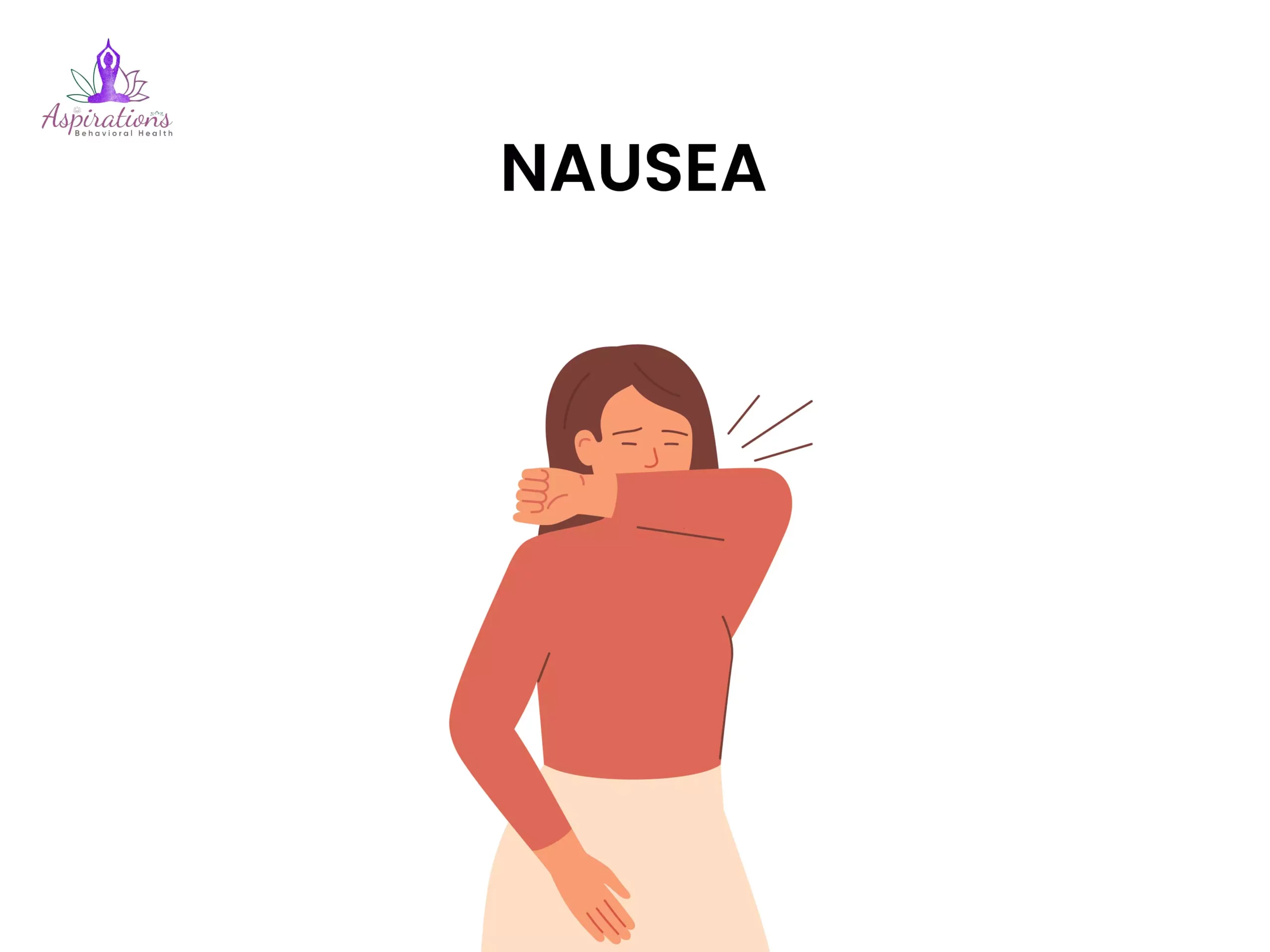
Nausea is one of the side effects of antidepressants, and it begins early as soon as you start taking an antidepressant. It can be treated once your body gets feasible with it.
How to Manage it:
- Eat smaller meals more often throughout the day
- Avoid fatty, sweet and spicy foods
- Drink more water (6 to 8 glasses a day)
- Avoid strong odours (ex: perfume, food, tobacco)
- Avoid alcohol
- If needed, take a few doses of nausea and vomiting medication on the advice of the pharmacist
Increased appetite, weight gain
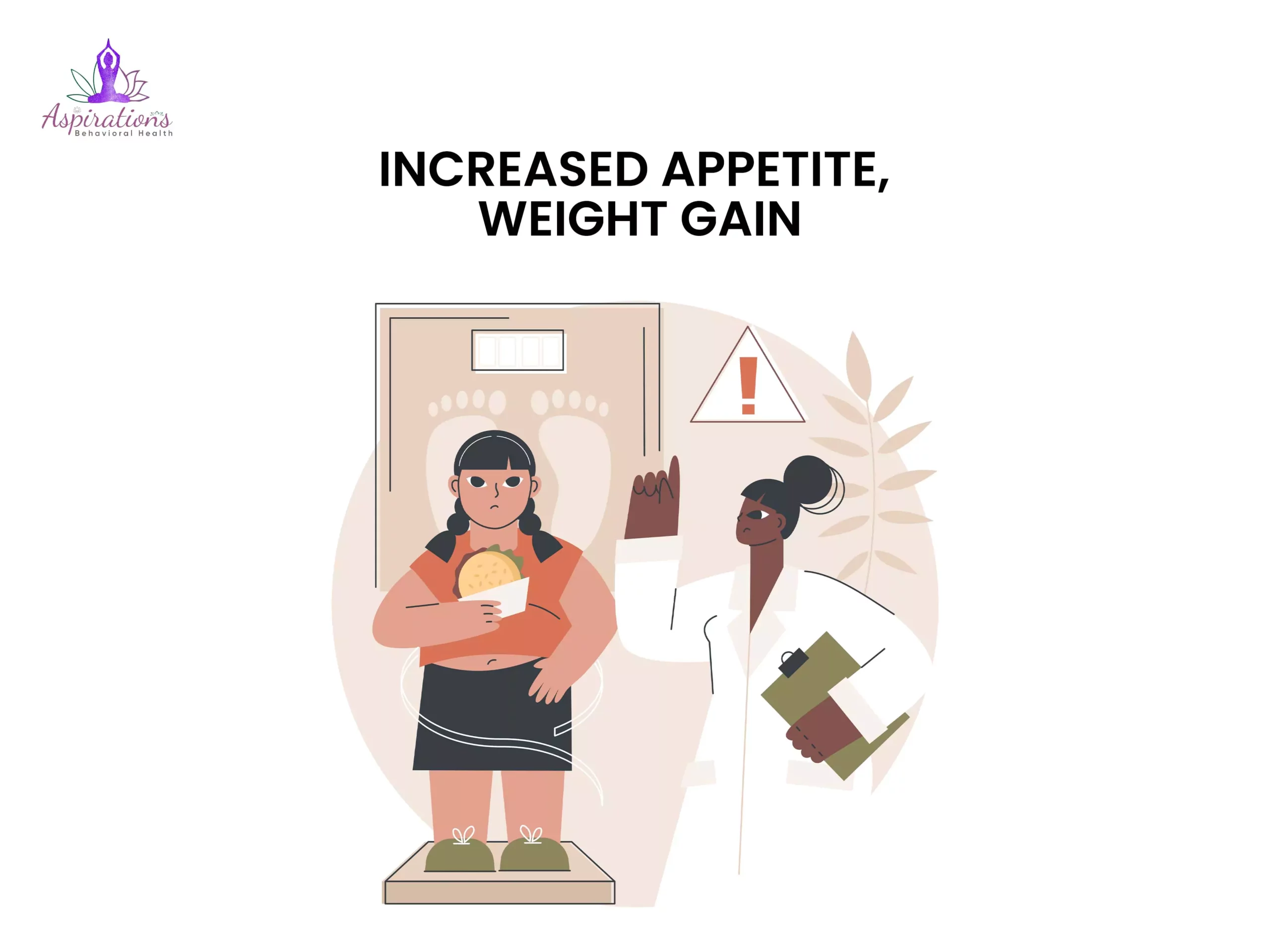
If you are not physically active, antidepressants may cause you to gain weight. You can also gain weight if you have a proper appetite.
How to Manage it:
- Eat smaller meals more often throughout the day
- Avoid fatty, sweet, and spicy foods
- Drink more water (6 to 8 glasses a day)
- Avoid strong odors (ex: perfume, food, tobacco)
- Avoid alcohol
- If needed, take a few doses of nausea and vomiting medication on the advice of the pharmacist
Fatigue, drowsiness
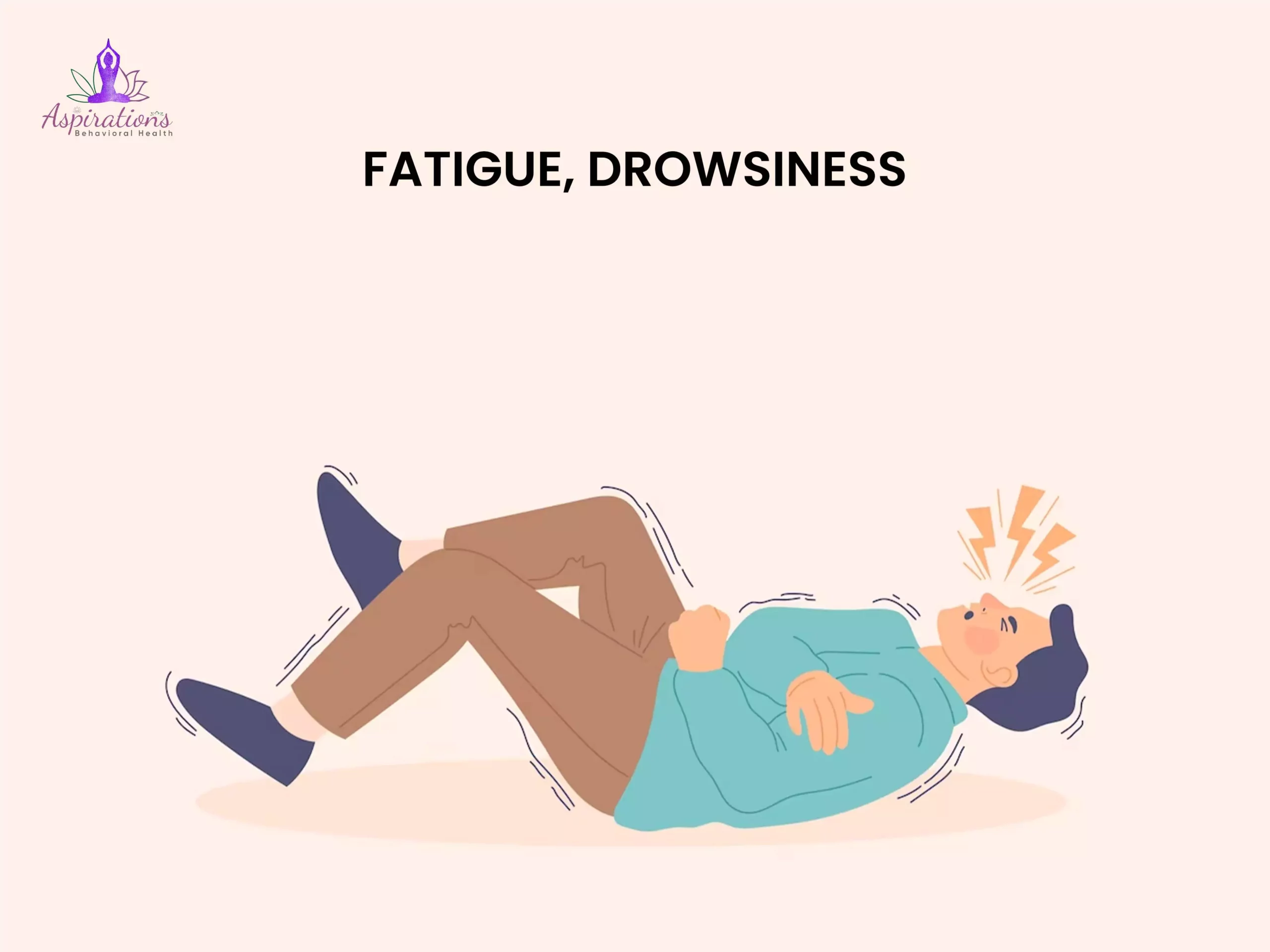
Fatigue and drowsiness are common in the early days of your treatment with antidepressants. You can recover by taking a nap during the day.
How to Manage it:
- Take the antidepressant at bedtime
- Avoid driving or doing activities that require vigilance if you are feeling drowsy
- Avoid alcohol or any other substance that may cause drowsiness
Insomnia:
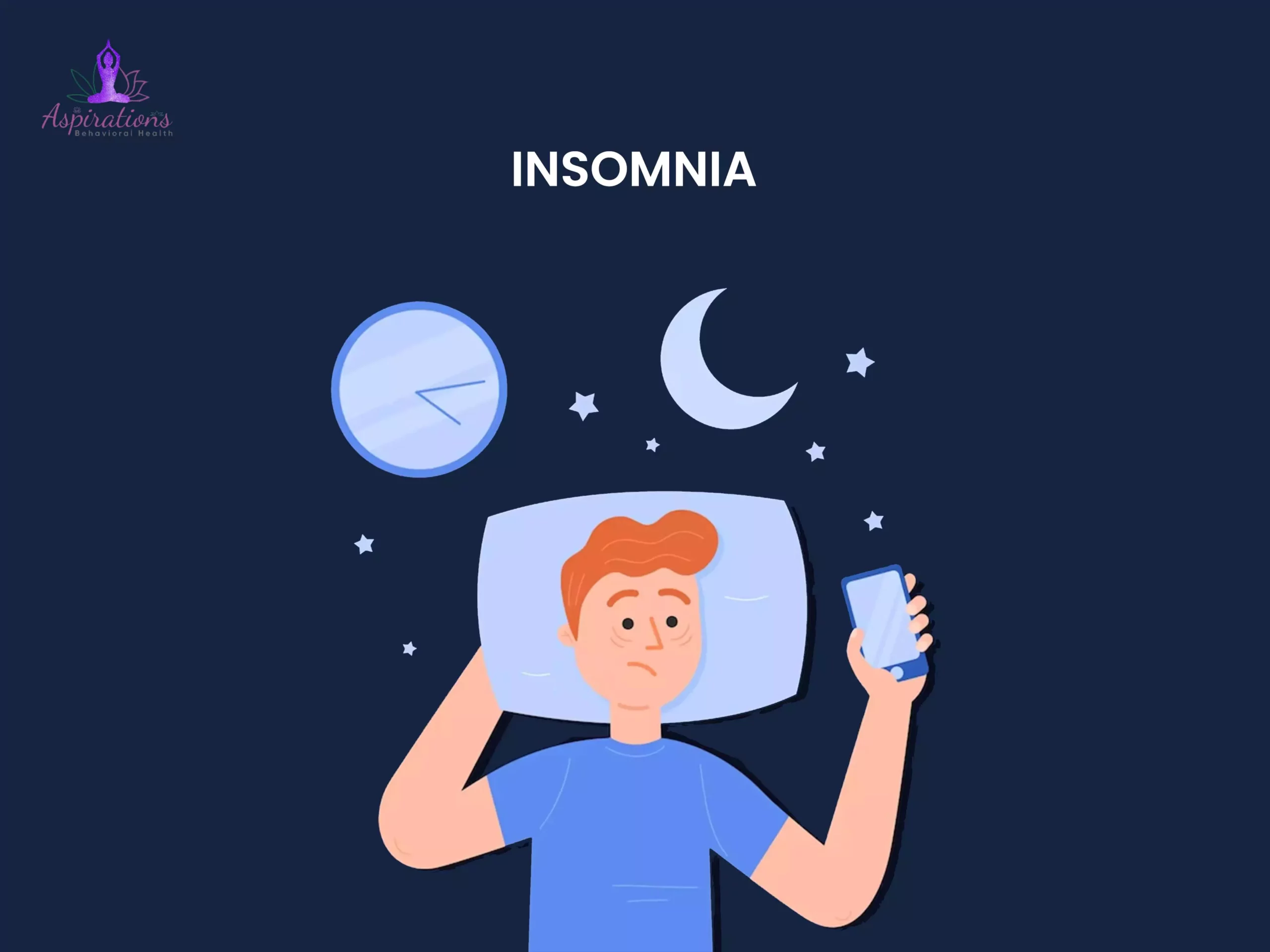
Some antidepressants also cause insomnia. This gets you tired during the day and affects your performance. It may cause you to stay asleep or struggle to sleep.
How to Manage it:
- Take your medication in the morning (as far away from bedtime)
- Favor a calm environment at bedtime
- Don’t nap during the day
- Stop consuming stimulants a few hours before bedtime (ex: chocolate, coffee, tea)
- Use relaxation techniques
- Do physical activity regularly during the day
- Establish a routine for going to sleep and waking up
- Use the bedroom for sleep and sex only
Constipation
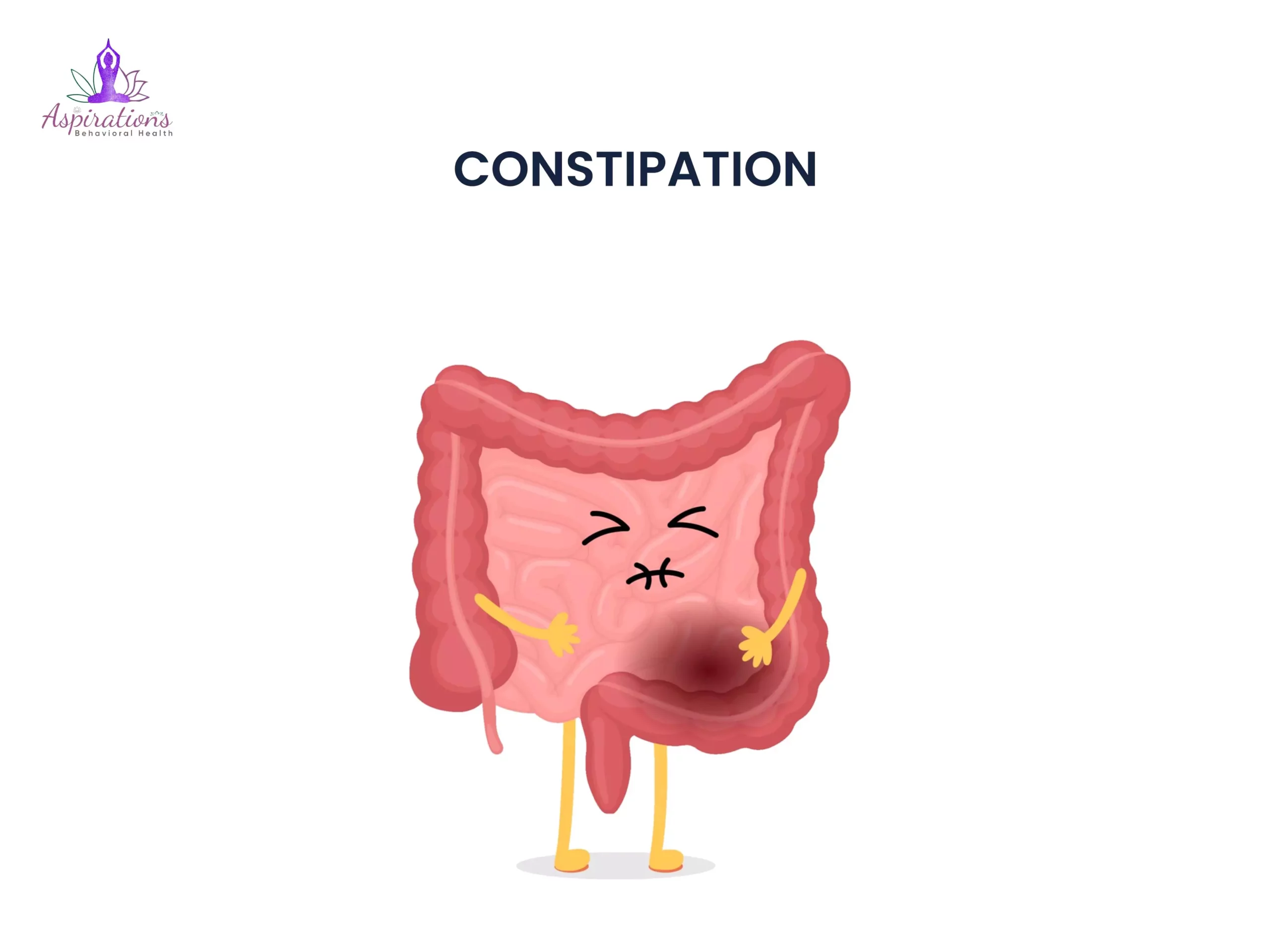
Constipation is another common side-effect of antidepressants. People who take antidepressants regularly often complain about constipation which is unpleasant and uneasy for them.
How to Manage it:
- Do physical activity regularly
- Eat more fiber (25 to 30 grams a day)
- Take a fiber supplement
- Drink more water (6 to 8 glasses a day)
- Don’t delay having a bowel movement
- Always plan to have a bowel movement at the same time each day
- Use medication to treat constipation on the advice of the pharmacist
Dry mouth
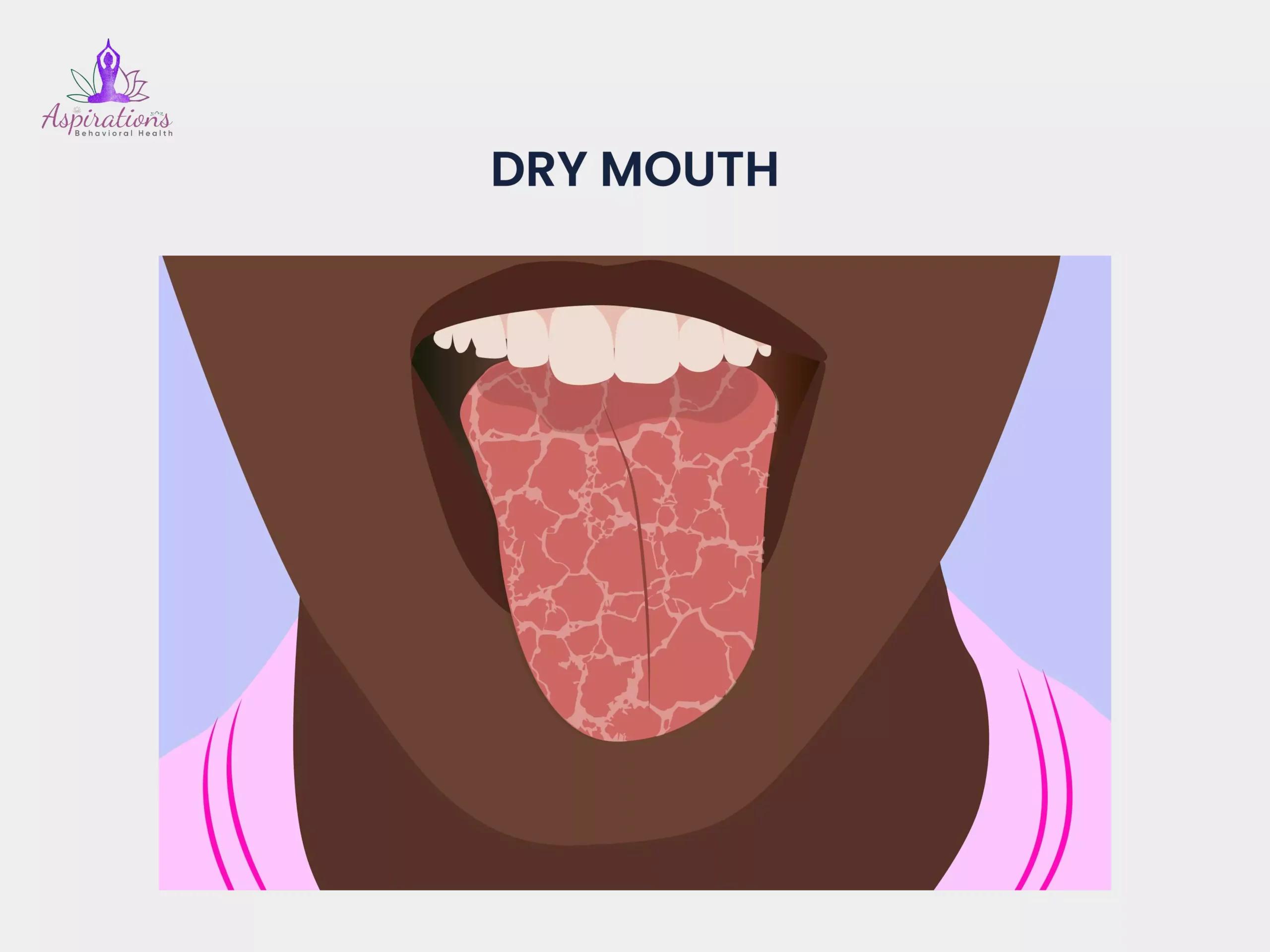
When an individual takes antidepressants, their mouth gets dried, making them uncomfortable because the urge to drink water increases.
How to Manage it:
- Drink a little water often
- Suck on ice chips
- Chew sugar-free gum or hard candy
- Avoid alcohol and caffeine
- Stop smoking
- Use a saliva substitute
What Side Effects May be Caused by Each Type of Antidepressant?
Multiple types of antidepressants may cause side effects. Some of the side effects can be alarming and long-lasting. Out of the side effects listed below, some people don’t experience a few of them. It all depends on you whether you want to take antidepressants or not.
List down Each Type of Antidepressant Side Antidepressant that May cause
SSRIs and SNRIs
The side effects of this antidepressant are:
- decreased alertness
- headaches
- nausea (feeling sick)
- sexual problems
- tooth decay and oral health
- diabetes
- SIADH (Syndrome of Inappropriate Antidiuretic Hormone Secretion)
- gastrointestinal bleeding
- serotonin syndrome
- suicidal feelings
- neuroleptic malignant syndrome
- hypomania or mania
Tricyclic and tricyclic-related antidepressants
Side effects of tricyclic and tricyclic-related antidepressants are:
- antimuscarinic effects
- tooth decay and oral health
- decreased alertness
- suicidal feelings
- serotonin syndrome
- SIADH (Syndrome of Inappropriate Antidiuretic Hormone Secretion)
- diabetes
- neuroleptic malignant syndrome
- hypomania or mania
MAOIs
Side effects of MAOI antidepressant are:
- decreased alertness
- SIADH (Syndrome of Inappropriate Antidiuretic Hormone Secretion)
- serotonin syndrome
- diabetes
- suicidal feelings
- neuroleptic malignant syndrome
Conclusion
When taking any medication, you must balance the advantages against the disadvantages. You may not be bothered by some negative effects. Others might be so bad that you’ll need to stop taking the medication or consider an extra medication that could help offset the antidepressant’s negative effects. Together, you and your doctor should choose the ideal balance.
Remember that many side effects could worsen when you start taking medication or when the dose increases. As your body adjusts, it can get better. Your doctor may advise you to continue taking your antidepressant if your side effects are moderate to see if they go away on their own.


